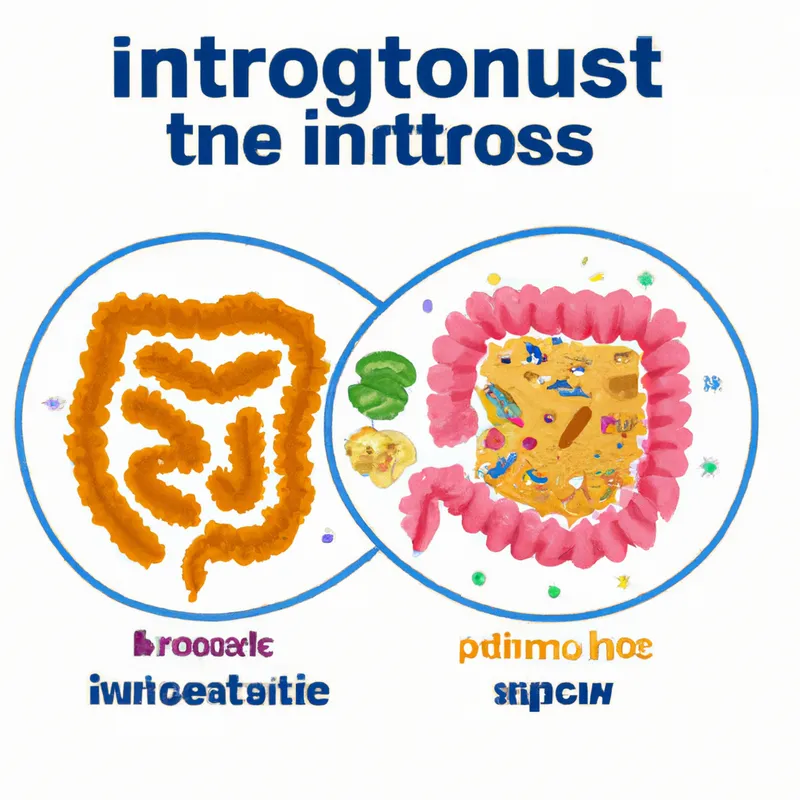Transform Your Gut: Unlock Nutrient Absorption Secrets
The Role of Gut Microbiota in Nutrient Absorption: How Probiotics Influence Digestive Health
The human gut hosts trillions of microorganisms. These gut microbiota significantly impact our overall health. They influence nutrient absorption, immune function, and mood. Probiotics, beneficial microorganisms, stand out among these. Understanding probiotics can improve our digestive health and well-being.
What Are Probiotics?
Probiotics are live bacteria that provide health benefits when consumed in sufficient amounts. Often called “good” bacteria, they exist in fermented foods like yogurt, kefir, kimchi, sauerkraut, and miso. You can also find them in supplement form. Probiotics balance gut microbiota, promoting a healthy digestive system.
Researchers commonly study Lactobacillus and Bifidobacterium strains, each offering unique properties. For example, Lactobacillus rhamnosus supports gut health, while Bifidobacterium bifidum enhances immune function.
The Connection Between Gut Microbiota and Nutrient Absorption
Gut microbiota breaks down complex carbohydrates and fibers. These microorganisms ferment substances, producing short-chain fatty acids (SCFAs) for energy. This process boosts nutrient absorption. For instance, SCFAs help intestines absorb essential minerals like calcium, magnesium, and iron.
Additionally, gut bacteria synthesize certain vitamins, including B vitamins and vitamin K. These vitamins support various bodily functions, such as blood clotting and energy production. Therefore, a balanced gut microbiome enhances nutrient absorption. Without it, your body may struggle to absorb necessary nutrients, risking deficiencies and health issues.
Benefits of Probiotics for Digestive Health
Probiotics provide numerous benefits for digestive health. They restore gut microbiota balance, especially after disruptions. For instance, antibiotics can eliminate both harmful and beneficial bacteria, causing an imbalance. Consuming probiotics during and after antibiotic treatment helps repopulate your gut with good bacteria, reducing antibiotic-associated diarrhea risk.
Probiotics and Digestive Disorders
Many studies indicate that probiotics alleviate symptoms linked to digestive disorders. They can reduce bloating, gas, and diarrhea. For individuals with irritable bowel syndrome (IBS), probiotics may improve overall symptoms and quality of life. Research shows that certain probiotic strains regulate bowel movements and lessen IBS severity, benefiting many patients.
Additionally, probiotics may help prevent digestive issues.
Conclusion
Probiotics play a crucial role in digestive health, enhancing nutrient absorption and alleviating digestive disorders.
Below are related products based on this post:
FAQ
What are probiotics and where can I find them?
Probiotics are live bacteria that provide health benefits when consumed in sufficient amounts. Often referred to as “good” bacteria, they can be found in fermented foods like yogurt, kefir, kimchi, sauerkraut, and miso, as well as in supplement form.
How do gut microbiota influence nutrient absorption?
Gut microbiota help break down complex carbohydrates and fibers, fermenting them to produce short-chain fatty acids (SCFAs) that boost nutrient absorption. SCFAs aid in the absorption of essential minerals like calcium, magnesium, and iron, while gut bacteria also synthesize certain vitamins, enhancing overall nutrient uptake.
What benefits do probiotics provide for digestive health?
Probiotics restore gut microbiota balance, especially after disruptions such as antibiotic use. They can alleviate symptoms of digestive disorders, including bloating, gas, and diarrhea, and are particularly beneficial for individuals with irritable bowel syndrome (IBS) by improving symptoms and quality of life.















Post Comment